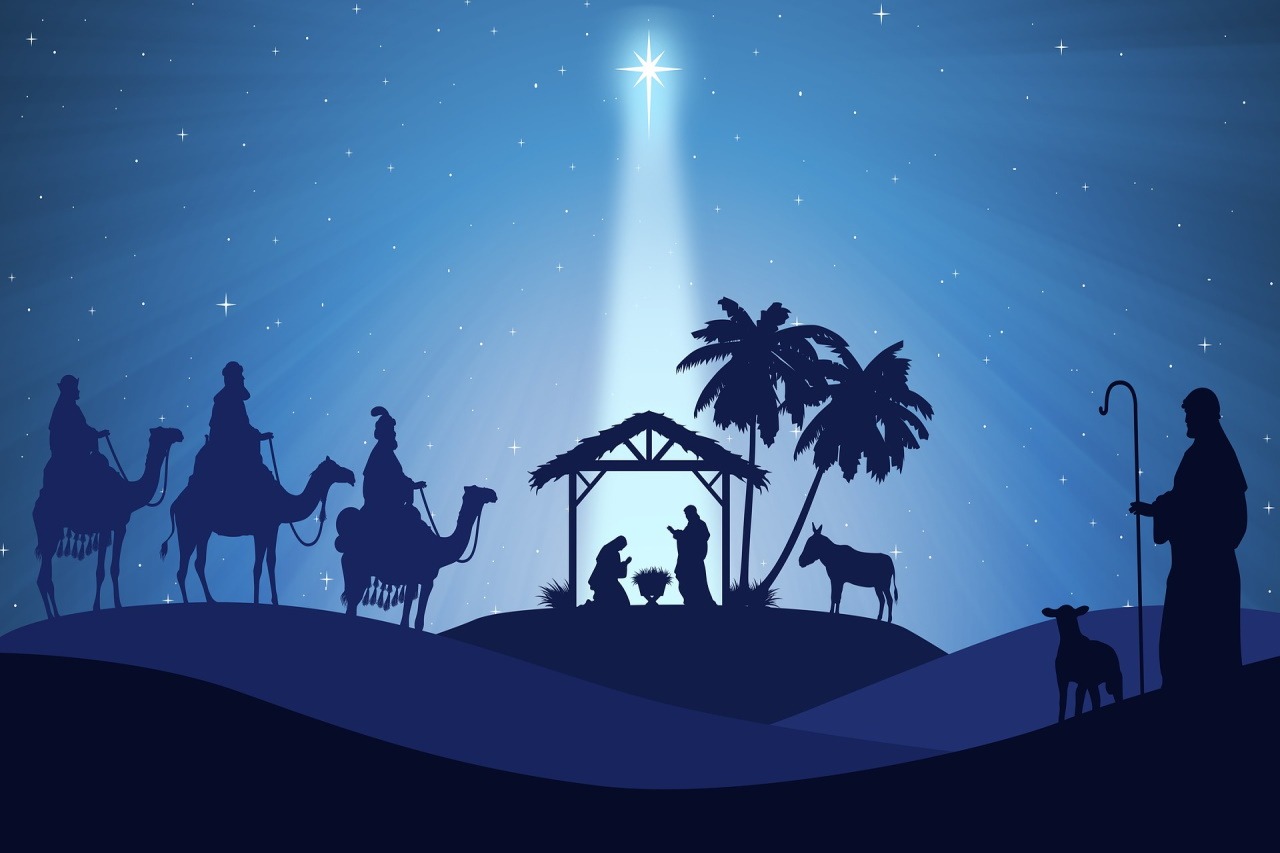Please note that there will be no reflection on Friday, January 6, 2023. Susan’s reflections will resume the following Friday, January 13, 2023.
Numbers 6:22-27; Psalm 67; Galatians 4:4-7; Luke 2:16-21 (RM) or 15-21 (RCL.)
Imagine that you’re a child, and you ask excitedly, “Oh, today’s a special day in church! What is it? What are we celebrating?” And your nearest grown-up replies, “Well, we could celebrate this event in the Bible, or that event, or another event, it all depends on where you live and which readings you use.” Ugh.
Epiphany was like that in the early church. It only marked the coming of the Magi in the Western churches when the West needed to differentiate Epiphany from Christmas. But the Eastern churches, and the local churches in France and Spain that they influenced, celebrated Epiphany much earlier in history, and it meant – well, in some places the great mystery of the Theophany, the revelation of God in human flesh in Christ. Other places marked his baptism in the Jordan, still other places the first miracle at Cana. It depended on what Gospel reading you used. If you were in Alexandria and used Mark who has no infancy narrative, then starting the year with Jesus’ baptism in the Jordan was a no-brainer.
Then there’s this Sunday, January 1st. And we’re just as jumbled today.
Nobody seems to celebrate a fresh new beginning at the civil New Year (except the directory for the Revised Common Lectionary used as a basis by Protestants and Anglicans.) For Roman Catholics the title keeps changing, but the most recent title is “Mary, the Holy Mother of God.” In many worshipping communities, the custom is to mark January 1st also as World Day of Peace, but you won’t find that in the Missal for the day. Meanwhile, communities that use the RCL (but don’t call it “New Year”) mark this day as “The Name of Jesus,” formerly the “Feast of the Circumcision.” Actually the Catholic Church did too, up to 1931 when Pope Pius XI instituted the feast of “Mary Mother of God” on Jan. 1st.* At that point the Circumcision and the Name of Jesus were shifted to the following Sunday. Then both were dropped entirely in the RC calendar revision of 1969.
Confused yet? The point is just that high holydays in the church can be variable. They’re not always as tied to a particular calendar date, or a certain biblical event, as you might think.
So instead, let’s start the New Year with a blessing. Let’s name the day, and each other, with a blessing. It’s right there in our readings.
There’s an incredible richness in the three-part Aaronic blessing in our First Reading. When God blesses and keeps the people, they become especially and irrevocably protected in the love of the Holy One. When God’s face shines upon them, they hope for a bright(er) future under God’s protection. And God’s countenance is lifted upon them (almost synonymous with God’s face shining) to give them peace, shalom, a much more expansive idea than lack of conflict – it means wholeness or completeness. Nothing is lacking and all is well. For all.
Putting the name of God on the people seals the blessing. Remember that the name of God revealed to Moses was simply, “I Am,” or “I Am Who Am.” The name of God is the Holy One’s very Being.
In verse 21 of the Gospel, the name given to Jesus, “God saves,” is itself of divine origin, pronounced by the angel Gabriel at the Annunciation to Mary. The Name itself is blessing.
What the Aaronic blessing did, was to shift the role of priest beyond simply offering sacrifice, to serving as a conduit for the love of God for the people.
And we do that too, when we bless each other, in words or in gestures, to remind each other that the Holy One is never far away, even when it seems like we’ve been abandoned and nothing but darkness lies ahead.
Let us start this year as a blessing to each other, and to our world.
© Susan K. Roll
*1931 was the 1500th anniversary of the Council of Ephesus in 431, which defined Mary as the Theotokos, Mother of God, and not merely mother of Jesus which would have diminished the divine nature of the Christ.
Susan Roll retired from the Faculty of Theology at Saint Paul University, Ottawa, in 2018, where she served as Director of the Sophia Research Centre. Her research and publications are centred in the fields of liturgy, sacraments, and feminist theology. She holds a Ph.D. from the Catholic University of Leuven (Louvain), Belgium, and has been involved with international academic societies in liturgy and theology, as well as university chaplaincy, Indigenous ministry and church reform projects.





“Let’s name the day, and each other, with a blessing.” What a lovely action for the New Year!